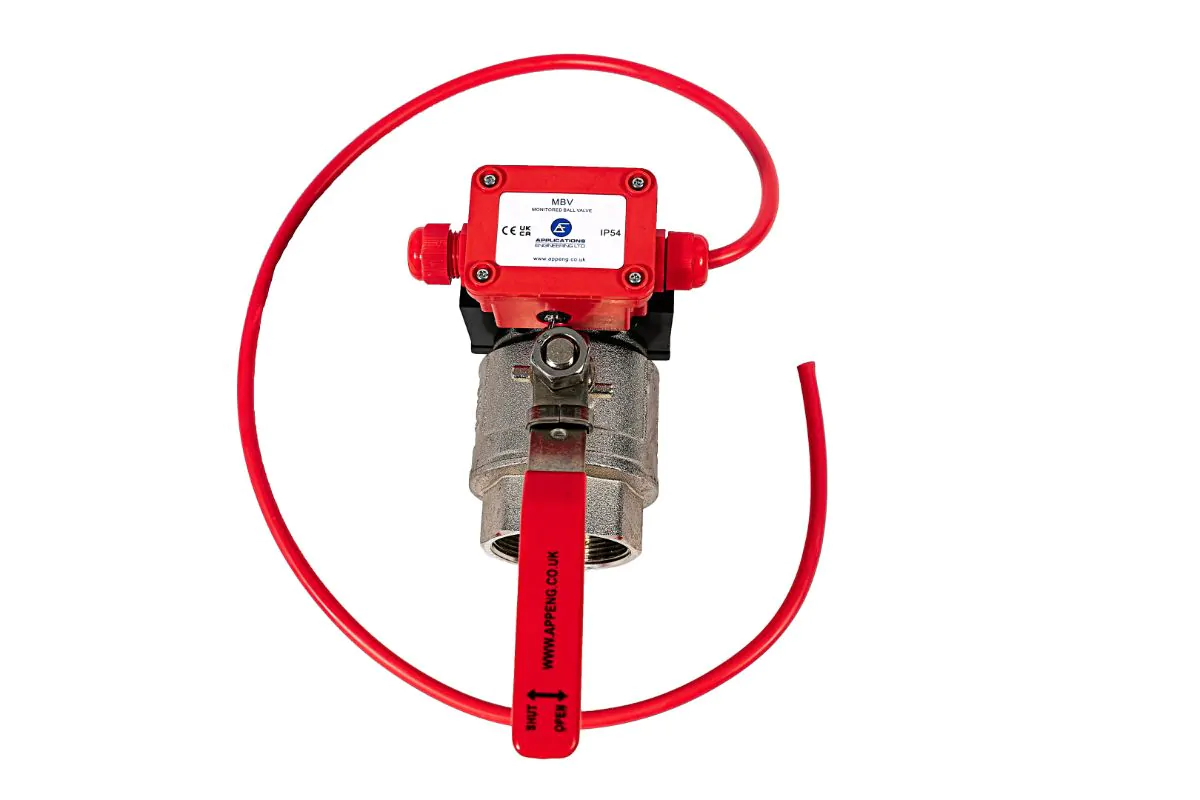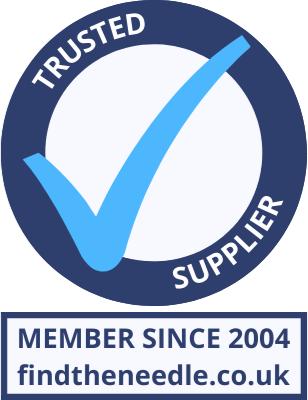 Add My Company
Add My Company
What is a Ball Valve and How Does it Work?

Commercial and industrial building managers face the demanding task of overseeing numerous essential functions, with the control of liquid and gas flow being particularly critical. These systems require routine inspection and validation to ensure continued reliability and safety. This involves checking a variety of components, such as pressure switches, sensors and level monitoring equipment. One of the most commonly used and trusted devices in these systems is the ball valve, which, despite its popularity, is often misunderstood. This guide aims to explain what ball valves are, how they work, and where they are typically used.
What Is a Ball Valve?
A ball valve is a mechanical device that regulates the flow of liquids or gases using a hollow, perforated ball that rotates within the valve body. The concept is simple: when the hole in the ball aligns with the pipeline, fluid can pass through; when the ball is rotated 90 degrees, the flow is completely blocked.
How Ball Valves Operate
Ball valves operate via a straightforward mechanism. Their main components include:
-
Valve body: The external housing that contains the internal parts
-
Ball: A spherical component with a central bore
-
Seats: These hold the ball in place and provide a seal
-
Handle or lever: Used to rotate the ball between open and closed positions
This quarter-turn action allows for fast and easy operation, making ball valves ideal for applications requiring frequent on-off control.
Types of Ball Valves
Ball valves come in several types to suit various applications:
-
Manual ball valves: Operated by hand; ideal for applications requiring direct user control
-
Process ball valves: Used in complex industrial and instrumentation systems
-
Pneumatic ball valves: Operated using compressed air; suitable for automation
Materials and Construction
To meet a range of industrial demands, ball valves are manufactured in a variety of materials:
-
Stainless steel: Excellent corrosion resistance, ideal for aggressive environments
-
Brass: Commonly used in plumbing and heating systems
-
PVC: Lightweight and suitable for low-pressure, non-corrosive applications
-
Nickel-plated brass: Offers enhanced durability and corrosion resistance
Applications of Ball Valves
Ball valves are used across a broad range of sectors:
-
Fire suppression systems
-
Industrial cooling and heating systems
-
Gas and fuel distribution networks
-
Manufacturing and production processes
-
Water treatment and wastewater management
-
HVAC systems
-
Oil and gas pipelines
Benefits of Ball Valves
There are several reasons why ball valves are widely favoured in industrial and commercial settings:
-
Reliable shut-off: They provide a secure seal when closed
-
Long lifespan: Designed for durability and minimal maintenance
-
Ease of use: Quick, quarter-turn operation
-
Versatility: Suitable for high-pressure and high-temperature environments
Limitations to Consider
While ball valves are reliable, they may not be the best fit for every application:
-
Not ideal for fine flow regulation between open and closed states
-
Higher torque may be required in high-pressure applications
-
Often more expensive than other valve types such as gate or globe valves
How to Select the Right Ball Valve
When choosing a ball valve, consider the following:
-
Pressure rating: Must be suitable for your system's operating pressure
-
Temperature range: Ensure compatibility with your process conditions
-
Media type: Select materials appropriate for the fluid or gas
-
Connection type: Options include threaded, flanged or compression fittings
-
Control needs: Decide between manual, pneumatic or electric actuation
Expert Support from Applications Engineering
At Applications Engineering, we know how crucial it is to select the correct valve for your system. Our team offers expert advice and supplies a wide range of ball valves to suit various specifications. With ISO 9001 certification and substantial stock held at our Sussex site, we provide fast turnaround times and dependable customer support.
Whether you need a single valve or a complete system solution, we’re here to help. Get in touch with Applications Engineering today to discuss your requirements and benefit from our industry-leading knowledge and experience.
For more information on What is a Ball Valve and How Does it Work? talk to Applications Engineering Limited

